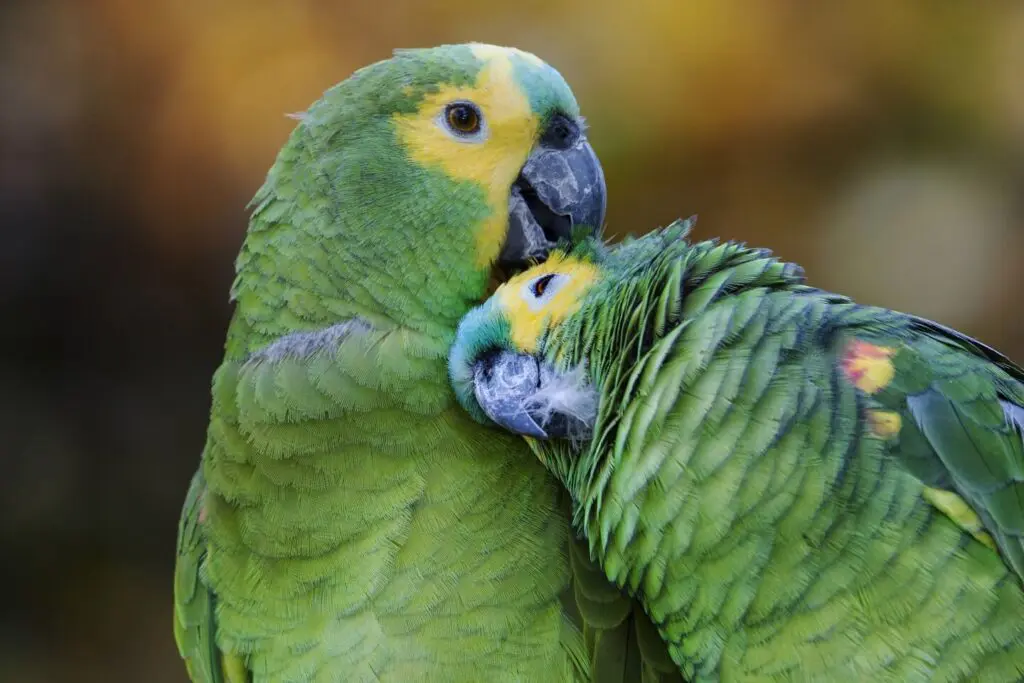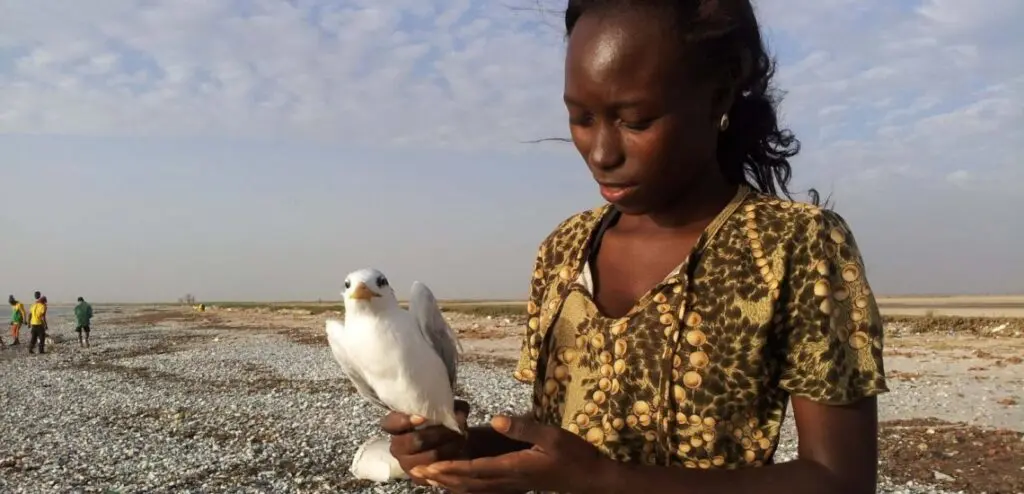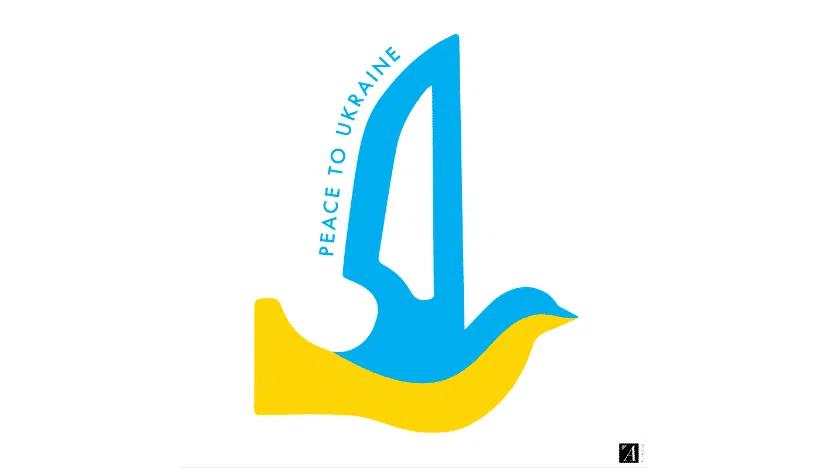State of the WORLD’S BIRDS 2022
BirdLife’s newly launched flagship State of the World’s Birds report paints the most concerning picture for the natural world yet, with nearly half of the world’s bird species now in decline.
As a global Partnership, we believe in internationalism. We have translated as much content in your language as our resources allow. Please visit the English language site to view all of our content.
People are destroying and consuming nature at a devastating rate. Birds are our early warning system. BirdLife International is the largest international Partnership for nature conservation.



We are a global family of 122 national partners covering all continents, landscapes and seascapes.
BirdLife’s newly launched flagship State of the World’s Birds report paints the most concerning picture for the natural world yet, with nearly half of the world’s bird species now in decline.
A century ago, visionary conservationists concerned about the plight of the world’s birds and the wider environment came together to form an international movement. Rooted in the foundations of a handful of campaigning national organisations, it steadily gathered momentum, spread its wings and eventually evolved into a powerful global voice for nature.

Why we stand with Ukraine
We have all been shocked to the core and angered by the brutal invasion of free Ukraine by the Russian state. Our thoughts are with all caught up in the conflict in Ukraine including those who work for and with our partner the Ukrainian Society for the Protection of Birds.
Sign the petition to make it a UN-recognised human right for mankind to live on a healthy planet.
The latest conservation news and breakthroughs, delivered to your door.
Our evidence-backed approach ensures your money will always go where it’s needed most.
Join a worldwide community of people who care about birds and conservation, and help to make a real difference.
Your support is critical to ensure that BirdLife International can continue its work, delivering high impact and long-term conservation for both people and nature.